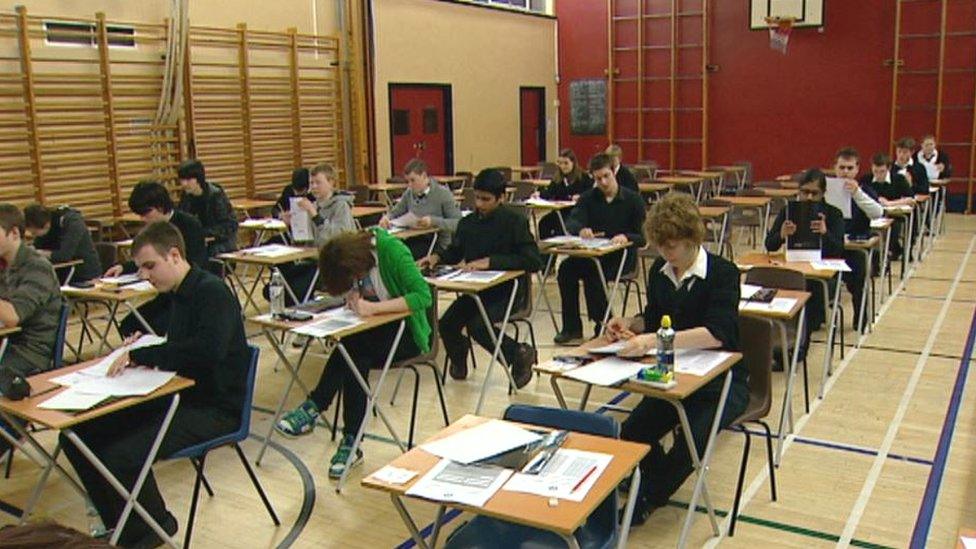Geography Higher was worst ever, teachers claim
- Published
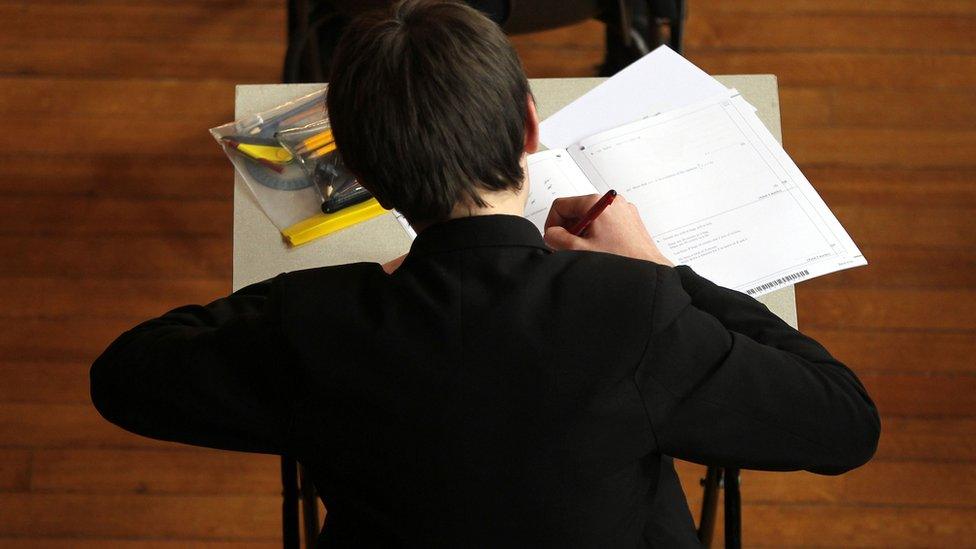
Geography teachers are claiming problems with courses could damage the subject.
In a submission to MSPs, their association claims that many thought this year's Higher exam was the worst ever.
Meanwhile, the Royal Scottish Geographical Society is warning the popularity of the subject could fall.
The Scottish Qualifications Authority (SQA) said this year's exam was set at the right level.
The SQA is facing questions from MSPs on Holyrood's education committee on Wednesday. The meeting is designed to scrutinise the organisation's budget but questions can come up on any legitimate topic.
A written submission to the committee by the Scottish Association of Geography Teachers highlights concerns some members have about Higher Geography.
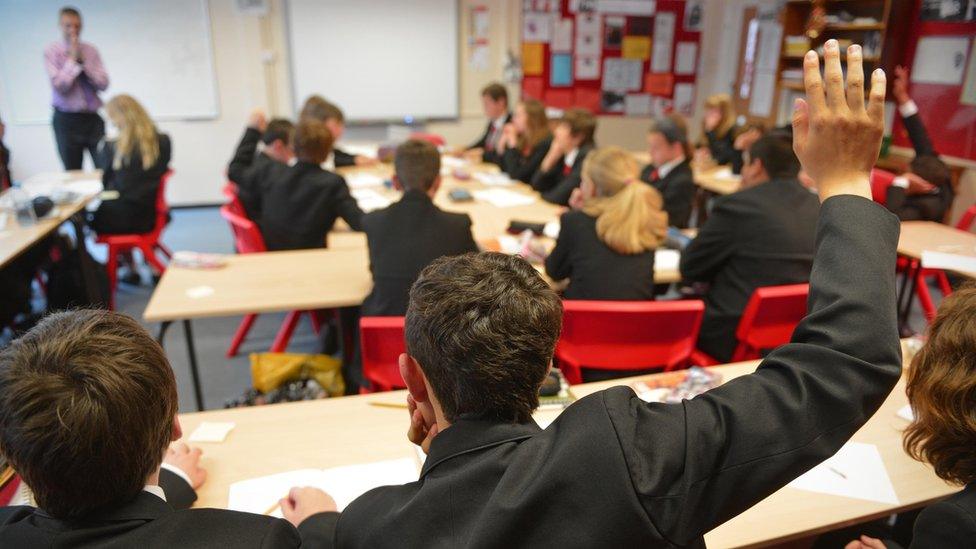
Of those who took part in a survey, only 10% classed this year's paper as "fair, OK, or better".
More than half said it was "poor, shocking, terrible, worst ever and nothing like the specimen or previous paper".
Another concern was that there was too much emphasis on human geography - how man uses the environment - and not enough on physical topics such as how valleys are formed, erosion and rock formations.
BBC Scotland understands the survey was self-selecting so it is impossible to judge just how representative the teachers who took part in it were.
But the Royal Scottish Geographical Society also expressed concerns about geography qualifications and shares the worry that too little emphasis is now placed on physical geography.
'Appropriate standard'
Chief executive Mike Robinson said: "We have found that the implementation of national courses has proved overly rigid and where the SQA has sought advice it has not been sought as widely or as timeously as it could have been.
"Teachers have reported consistently that the guidance given is unclear and has therefore been open to a variety of interpretations, leading to inconsistent implementation across Scotland."
The society said a lack of clarity and inconsistency had led to significant pressures on teachers and students alike. It warned of this the risk this could lead to a deterioration in the integrity and popularity of the subject.
The SQA said this year's Higher Geography was set at the appropriate standard - the pass mark and the marks needed for particular grades were within the normal range.
The authority will also be looking at what changes may be made to the exam in 2018-19.
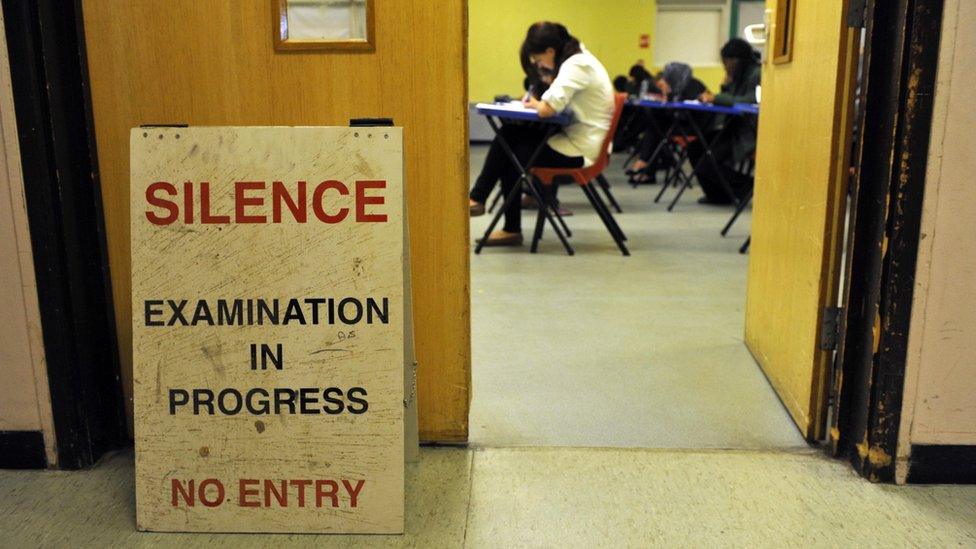
A spokesman said: "We are in regular dialogue with the Scottish Association of Geography Teachers regarding a number of different aspects of the design of Higher Geography. These matters will be considered as we revise the course assessment at Higher level for implementation in the 2018/19 academic year.
"The 2016 Higher Geography exam was set at the appropriate standard and provided a good opportunity for candidates studying at Higher level to demonstrate their skills and understanding of the subject. It was designed according to our published course assessment specifications and was in line with published specimen question papers."
Some personal submissions to the education committee from current and former teachers in a number of subjects demonstrate other challenges for the SQA.
One modern languages teacher said she thought the curriculum for her subjects was "woeful, uninspired and dire to learn and teach".
One recently-retired teacher said: "The SQA has sadly devalued the ethos and quality of the SQA qualifications because of the need to recruit (teaching) staff and markers/verifiers who have insufficient experience to do so. This unfortunate circumstance was brought about by the ever increasing workload placed on the more able/experienced staff."
He added: "Politics would do well to listen occasionally to teaching staff and the unions."
'Accountable to nobody'
One former principal teacher of chemistry highlighted a number of concerns - some of them historic and pre-dating Curriculum for Excellence.
He wrote: "My over-arching concern about the SQA is that it is accountable to nobody. It refuses to respond to legitimate concerns raised by teachers. It seems more concerned with revenue generation than with serving the needs of candidates."
It is impossible to say how representative these views are but they echo broad concerns expressed by teachers unions about workload, bureaucracy and stress.
The SQA said it placed great importance on the views of all stakeholders.
A spokesman said: "We regularly engage with, and listen to, teachers, lecturers and learners and act upon the feedback they provide, in the pursuit of a high-performing Scottish education system which benefits our young people.
"Earlier this year we conducted an extensive programme of research into the experiences teachers and learners have had with the National Qualifications. As a result, we created individual subject review reports which detail the evidence-based actions we are putting in place for each subject, many of which will alleviate teacher workloads connected to assessment.
"This was part of our ongoing monitoring and evaluation of all our qualifications to ensure they perform as intended and best support the needs of the people and economy of Scotland."
Last year the SQA faced tough questions after the pass mark in the Higher Maths exam fell to just 35%. This problem was not repeated this year but there was concern over the quality of the National 5 computing paper.
- Published14 October 2016

- Published6 June 2016

- Published4 May 2016
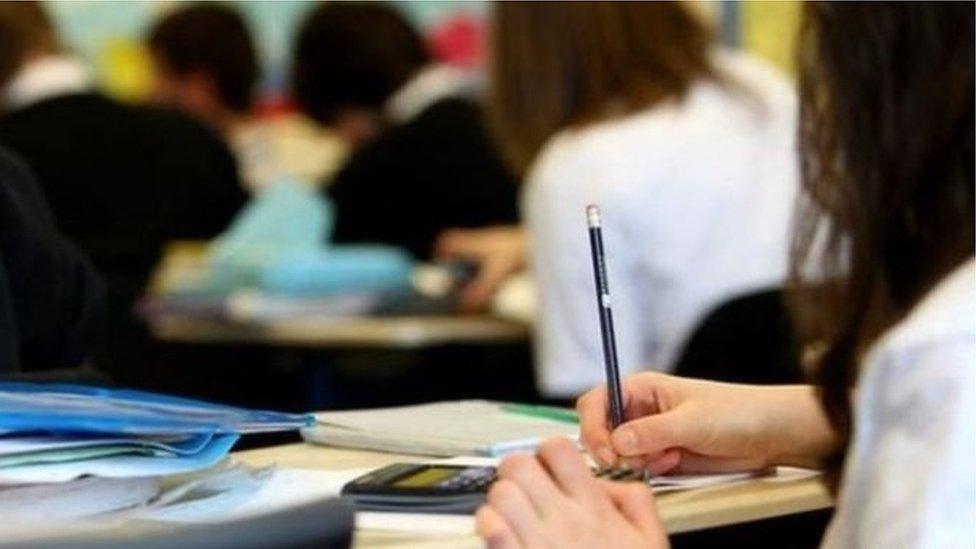
- Published4 May 2016
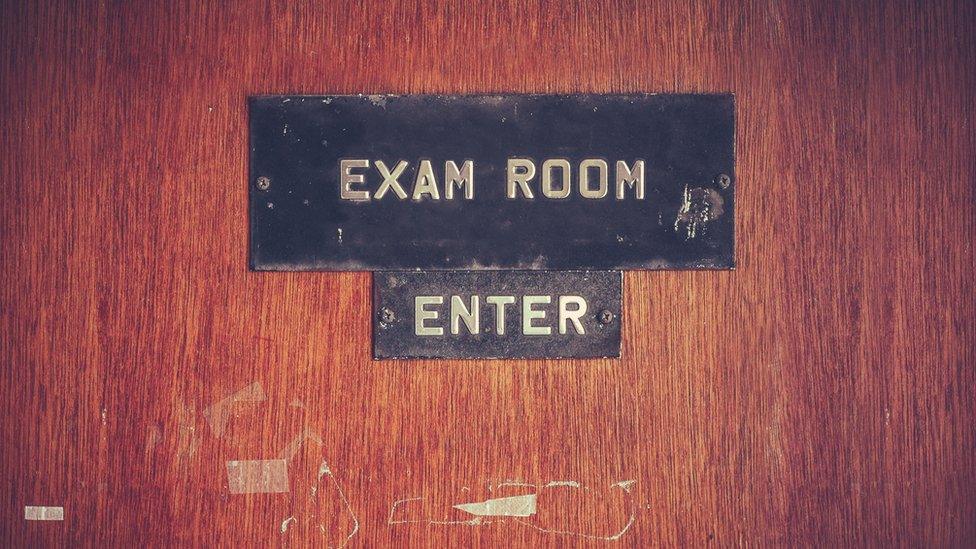
- Published22 September 2015
